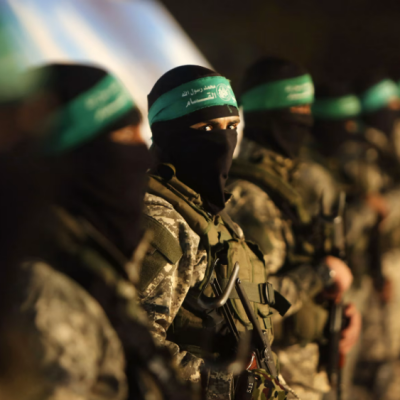Satoshi Ikeuchi
Professor, Religion and Global Security, University of Tokyo
The September 14 attack on Saudi oil processing facilities revealed the vulnerability of oil producing countries of the Gulf. It also reminded oil consumer countries of vulnerability of life which depends heavily on oil imported from the Gulf region.
Oil importing-consuming countries in East Asia, including Japan, have avoided to be faced with the grim reality that the life which relies on imported oil from the Gulf can be disrupted easily, even though they’ve been aware of the danger since long ago. Now there is a tacit sense of an unsustainability.
This heightened anxiety among oil importing countries was temporarily dissipated when Saudi authority reacted very prudently with restraint. However, oil-consuming countries are beginning to seriously reconsider their basis of life which is susceptible to the transient vicissitude of the perpetual hostility across the Gulf.
There’s an urgent need felt for a regional non-aggression pact.
The oil consuming countries in the East Asia are, obviously, far away from the Gulf and the Middle East and have not been part of the problem or solution. But now those countries are realizing that they are important stake holders of the peace and security of the Gulf situation.
If the Gulf supply of oil remains perpetually unstable because of the feud among Gulf neighbors, there’s going to be a moment when it becomes no longer so attractive. That moment has not come yet. For the moment, oil-importing countries are trying to grasp rules of the game and adapt themselves to them.
US and Iran both want a solution but they are playing the game based on totally different rules.
It’s often said that Iran is playing a game of chess while the United States is playing a game of poker.
Trump is a self-claimed master of poker. It’s about one on one negotiation in which players bluff and strive to read the opponent’s hand. Games quickly conclude when each hand are revealed.
Chess is said to originate to the ancient Persian game of Shatranj in which players attack and dismantle the opponent’s territory step by step from all sides. It’s a tiresome process that took a very long time without instant solutions.
As we’ve become used to deal with the rules of the game of Trump, we also have to adapt ourselves to the rules of the chess which is more relevant to the political life in the Middle East whether we like it or not.




